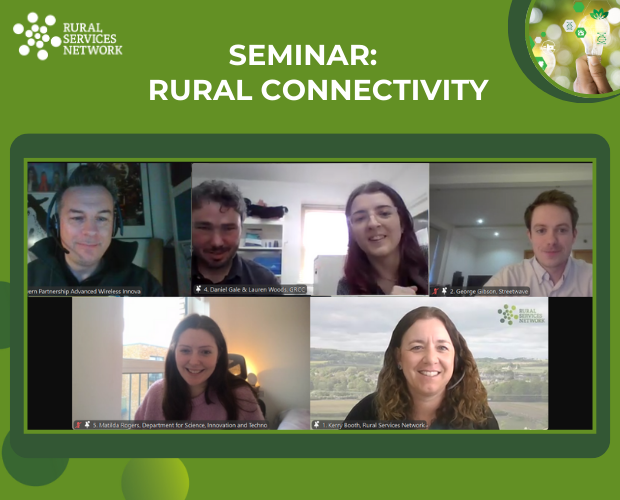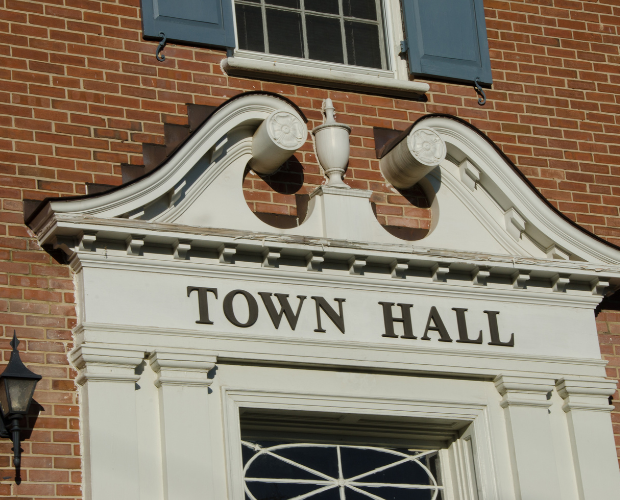T: 01822 851370 E: [email protected]
New RSN Chief Executive in post!
It’s a new dawn for the Rural Services Network as longstanding Chief Executive Graham Biggs MBE stands down from the role, with Kerry Booth taking the reins of the organisation on 1st April
Kerry has been involved with the organisation for over 10 years, and has spent time in recent months shadowing Graham to ensure a smooth transition with the role.
Kerry started her career in local Government in one of the early intakes on the National Graduate Development Programme, completing a Post Graduate Diploma in Local Government Management, and working for two rural Councils for a number of years, gaining experience in the challenges in delivering services in sparsely populated rural communities.
Graham has led the RSN since its creation in the early 2000s when he and David Inman developed a group to argue the case for fair funding for rural local authorities. For over 20 years Graham was Chief Executive of the former South Shropshire District Council, one of England’s most sparsely populated districts. He was awarded an MBE in 1995 for ‘Services to Local Government’. Graham has developed the RSN throughout the years, to be the national champion for rural services, with over 100 rural local authorities, and over 200 rural service providers in membership. An experienced rural advocate he has given evidence to a number of Parliamentary Select Committees relating to the Local Government Funding Formulae and rural policy. He acted as Principal Advisor to the All Party Parliamentary Group on Rural Services for which the RSN provides the Secretariat.
Kerry Booth said:
“I am looking forward to taking on the baton from Graham, in our continued campaigning on behalf of rural communities. He has raised the profile of the plight of rural areas, relentlessly championing their needs and challenges which has hugely contributed to the Rural Services Delivery Grant being in existence, which over the years has delivered almost £700Million for the most rural councils, whilst still being a fraction of what the funding formula says that all rural councils need.
Urban areas still receive 38% more in Government Funded Spending Power than rural authorities per head, and years of underfunding have meant that rural residents pay on average 20% more per head in council tax. That is inequitable and the Rural Services Network, as the national champion for rural areas, will continue to fight its rural case.”
SIGN UP TO OUR NEWSLETTER
Sign up to our newsletter to receive all the latest news and updates.










